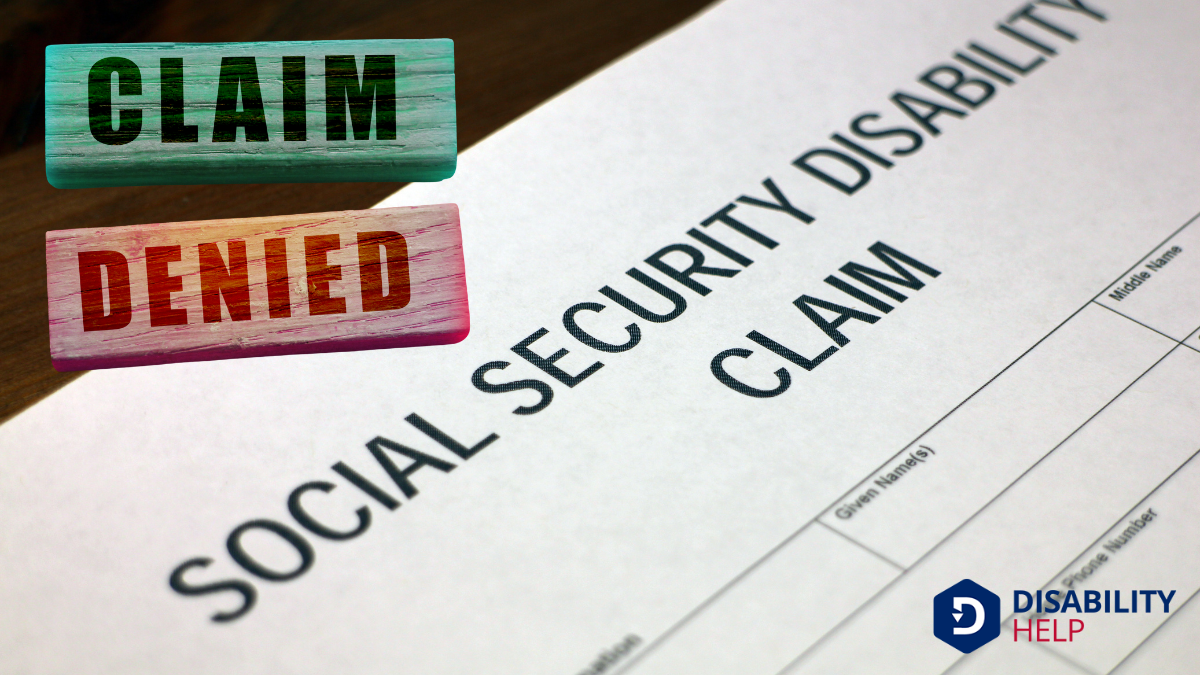Securing approval for Social Security Disability (SSD) benefits involves more than just filling out a form; it's a detailed process requiring specific criteria. You'll need thorough medical records, a solid work history, and evidence that your condition greatly limits your ability to work. Maneuvering these requirements can be intimidating, but understanding each part is essential to your success. So, how do you guarantee your application stands out in this rigorous evaluation process?
Key Takeaways
- Maintain detailed medical records, including diagnosis, treatments, and work limitations, documented by healthcare providers.
- Have a work history with jobs covered by Social Security and sufficient work credits.
- The medical condition must significantly restrict the ability to perform basic work activities.
- Submit a thorough application with all necessary personal, medical, and employment information.
- Address and provide additional evidence for any denial reasons if needed, potentially with legal assistance.
Medical Documentation Requirements
When applying for Social Security Disability, medical documentation is vital for your claim's success.
You'll need to provide extensive medical records that clearly outline your condition. This includes doctors’ reports, hospital records, and any diagnostic tests like X-rays or MRIs. Make sure these documents detail your diagnosis, treatment history, and how your condition limits your ability to work.
It's essential that your healthcare providers include notes about your symptoms and how they affect daily activities. You should also verify that your records are current and consistent.
Having complete and accurate documentation helps the disability examiner understand your situation better. Don’t hesitate to ask your doctors for any specific information that might strengthen your case further. Your thoroughness can greatly impact your approval chances.
Work History and Earnings Criteria

To qualify for Social Security Disability benefitsFinancial assistance provided to individuals who are unable to work due to a disability, such as Soc..., understanding the work history and earnings criteria is essential. You need to have worked in jobs covered by Social Security and paid into the system through payroll taxes.
Your work history is measured in work credits, which you earn based on your annual wages or self-employment income. In 2023, for example, you earn one credit for every $1,640 of wages, up to four credits per year.
Generally, you need 40 credits to qualify, with 20 of them earned in the last 10 years before your disability. If you're younger, fewer credits may be required.
Ensuring you’ve met these financial criteria is vital in determining your eligibility for disability benefits.
Assessing the Severity of Your Condition
Although understanding the financial criteria is essential, evaluating the severity of your condition is equally important when applying for Social Security Disability benefits.
The Social Security Administration (SSA) requires that your condition markedly limit your ability to perform basic work activities. They’ll consult the "Blue Book," which lists impairments considered severe enough to prevent gainful employmentWork that provides a living wage and is within the capacity of an individual, including those with d.... Your condition must meet or equal the criteria in this book to qualify.
Documenting your medical history thoroughly is vital. Gather detailed records, including doctors’ notes, test results, and treatment plans.
These documents should clearly show how your condition affects daily life. Don’t underestimate the importance of consistency in your medical records; inconsistencies can lead to denial.
Make certain your healthcare providers understand the necessity of detailed and accurate documentation.
Understanding the SSD Application Process
After ensuring your medical documentation accurately reflects the severity of your condition, it’s time to get familiar with the Social Security Disability (SSD) application process.
Start by gathering essential information like your Social Security number, birth certificate, and contact details for healthcare providers. You’ll need employment history, too, including job titles and duties.
Filling out the application online is often the fastest way. Be thorough and honest, ensuring all details align with your medical evidence. Double-check everything before submission.
Expect to provide additional information if requested, as the agencyThe capacity of individuals with disabilities to act independently and make their own choices. evaluates your claim. Remember, the process can take time, often months, so patience is key.
Stay organized and proactive in tracking your application status to avoid unnecessary delays.
Strategies for Overcoming Denials

Facing a denial for your Social Security Disability claim can be frustrating, but it's not the end of the road.
First, review the denial letter carefully to understand why your claim was denied. It's essential to gather additional medical evidence or documentation that addresses the reasons for denial.
Don't hesitate to consult a disability attorney who can guide you through the appeals process and strengthen your case.
Make sure to file your appeal on time—usually within 60 days of receiving the denial letter.
During the reconsideration phase, present any new evidence and be prepared to attend a hearing if necessary.
Stay organized and proactive, and remember, persistence can often lead to a successful outcome.
Conclusion
To successfully get approved for Social Security Disability, you've got to guarantee you’ve got detailed medical documentation and a solid work history. Make sure your condition greatly impacts your ability to perform basic work activities. Be thorough and consistent in your application to avoid denials. If faced with a denial, don't lose hope—review your application, gather additional evidence, and consider appealing. Persistence and attention to detail can considerably improve your chances of receiving the benefits you need.






